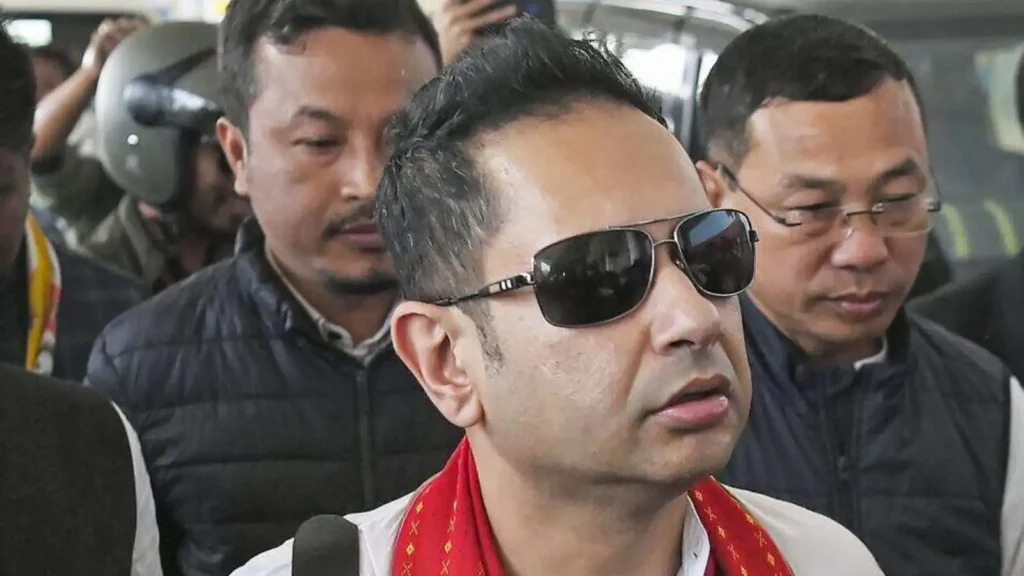Former Tipra Motha chief Pradyot Kishore Manikya Debbarma accused the Congress party, led by MLA Sudip Roy Barman and others, of adopting a “use and throw” policy. Debbarma made the claim on May 22, asserting that the Congress party would not hesitate to sell out the Tiprasa (Indigenous) community if given the opportunity to join the government.
In his statement, Debbarma expressed disappointment with the Congress leadership, alleging that they prioritize their political interests over the welfare of indigenous communities. He criticized MLA Sudip Roy Barman and other Congress members for their alleged willingness to compromise the interests of the Tiprasa people for personal gain.
Debbarma’s accusations come amid political tensions and shifting alliances in Tripura, where indigenous rights and representation have been contentious issues. The formation of Tipra Motha, a regional political party advocating for the rights of indigenous communities, marked a significant development in the state’s political landscape.
However, Debbarma’s recent remarks suggest a rift between Tipra Motha and the Congress party, raising questions about potential collaborations or conflicts between the two political entities. Debbarma’s criticism of the Congress party’s alleged “use and throw” policy reflects broader concerns about political opportunism and the representation of marginalized communities in Tripura’s political sphere.
The allegations made by Debbarma highlight the complexities of coalition politics and the challenges of balancing competing interests within diverse communities. As political parties vie for power and influence, the interests of indigenous populations must not be overlooked or compromised.
The Congress party has yet to respond to Debbarma’s accusations, leaving the situation open to further speculation and debate. The outcome of this political dispute could have significant implications for indigenous rights and representation in Tripura’s political landscape.
Debbarma’s outspoken criticism of the Congress party underscores the need for greater transparency and accountability in political decision-making processes. As indigenous communities continue to assert their rights and demand meaningful representation, political parties must prioritize their interests and engage in genuine dialogue to address their concerns.

